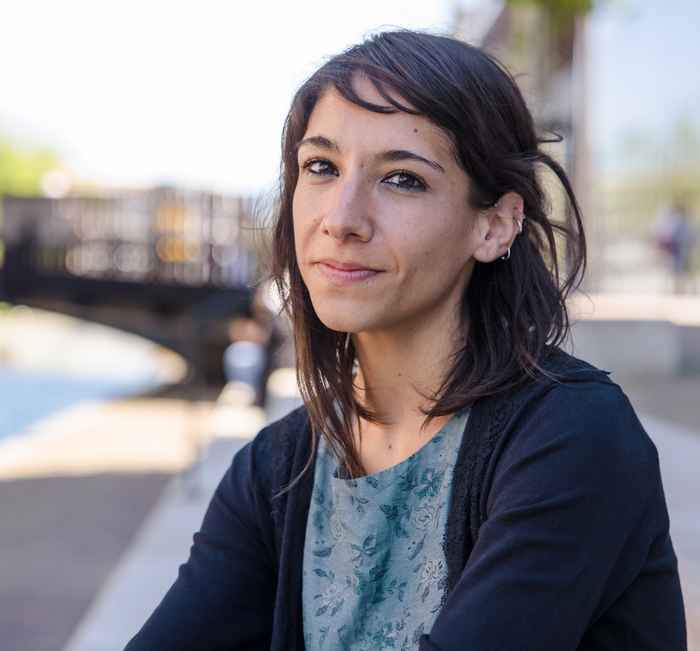How does the EU deal with international law and international lawyers?
Teresa Cabrita researches it thanks to the Dr J.A. Kuijper Fund
17 August 2023

The UN International Law Commission (ILC) is tasked with establishing and developing international law. For example, the ILC works on proposals for new international treaties, which UN member states can then choose to adhere to.
Establishing and developing international law
In her research, Cabrita shows how the EU has participated in this process. She analysed all of the statements made by the EU at UN meetings in New York since 1975 about the work of the International Law Commission. Her research shows that the way in which the EU deals with the ILC has led to dialogue between EU and international lawyers. The EU doesn’t merely adhere to new international legislation, it also actively influences its development.
How does the EU conduct itself on the international stage?
‘This research is important’, says Cabrita. ‘Not just for lawyers, but for citizens too. As a citizen, you expect the EU to promote certain standards and values on the international stage. So it’s important to investigate how that’s being done.’ As she explains, ‘The subjects that come up when discussing the work of the ILC go beyond technical legal discussions – they have political and practical dimensions. They may seem like abstract subjects, but they have fundamental implications for how states – and also the EU – understand their obligations to their citizens. For example, debates about protection under international law from rising sea levels.’ It is therefore necessary to investigate how the EU influences that international law, and what laws and treaties arise from this dialogue. Cabrita’s doctoral research has made a valuable contribution in this area.

‘As a citizen, you expect the EU to promote certain standards and values on the international stage’Teresa Cabrita
Doctoral research grant
Cabrita’s doctoral research was funded by a grant from the Dr J.A. Kuijper Fund, which enabled her to obtain her PhD through curiosity-driven research. Cabrita explains how grateful she is to be the first to complete a PhD through this fund. ‘The thing I liked the most was the amount of freedom I had. I really appreciated being able to develop my own project, based on something I was genuinely interested in. I’m grateful to the Fund for giving me that chance.’